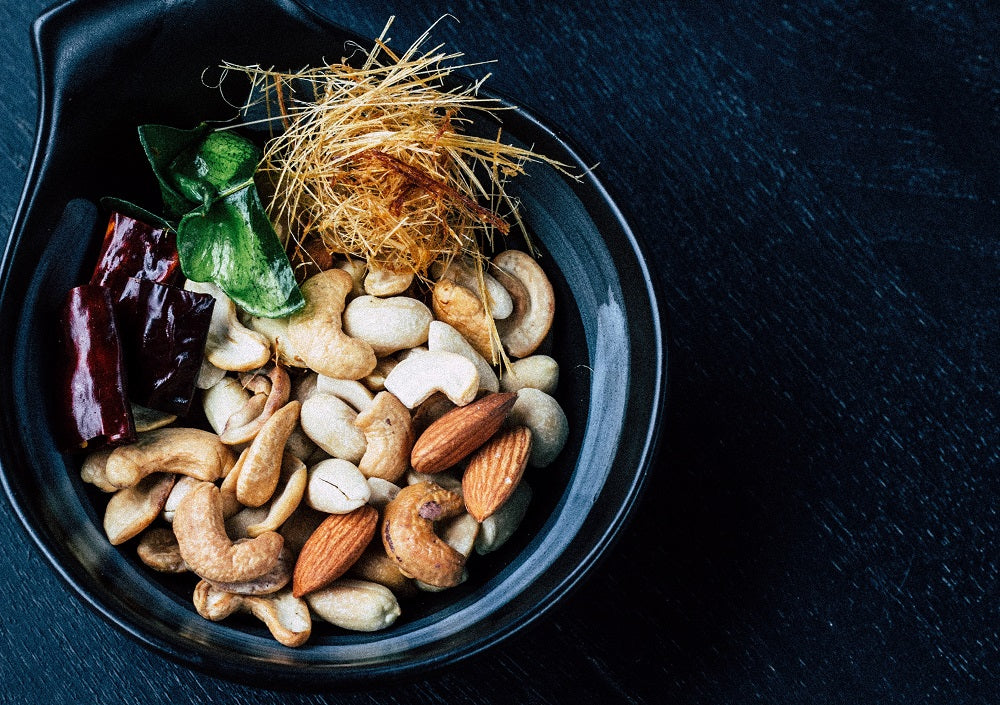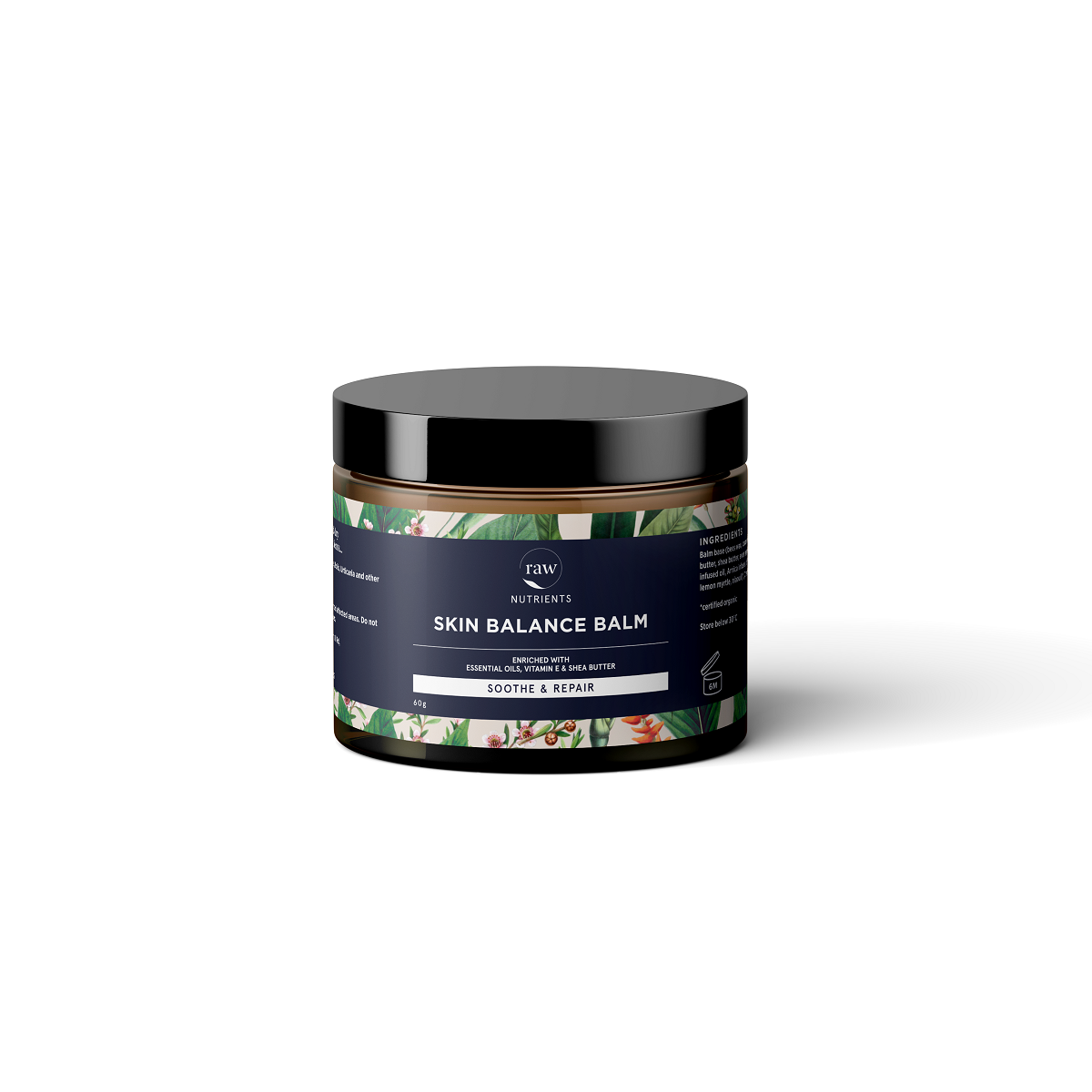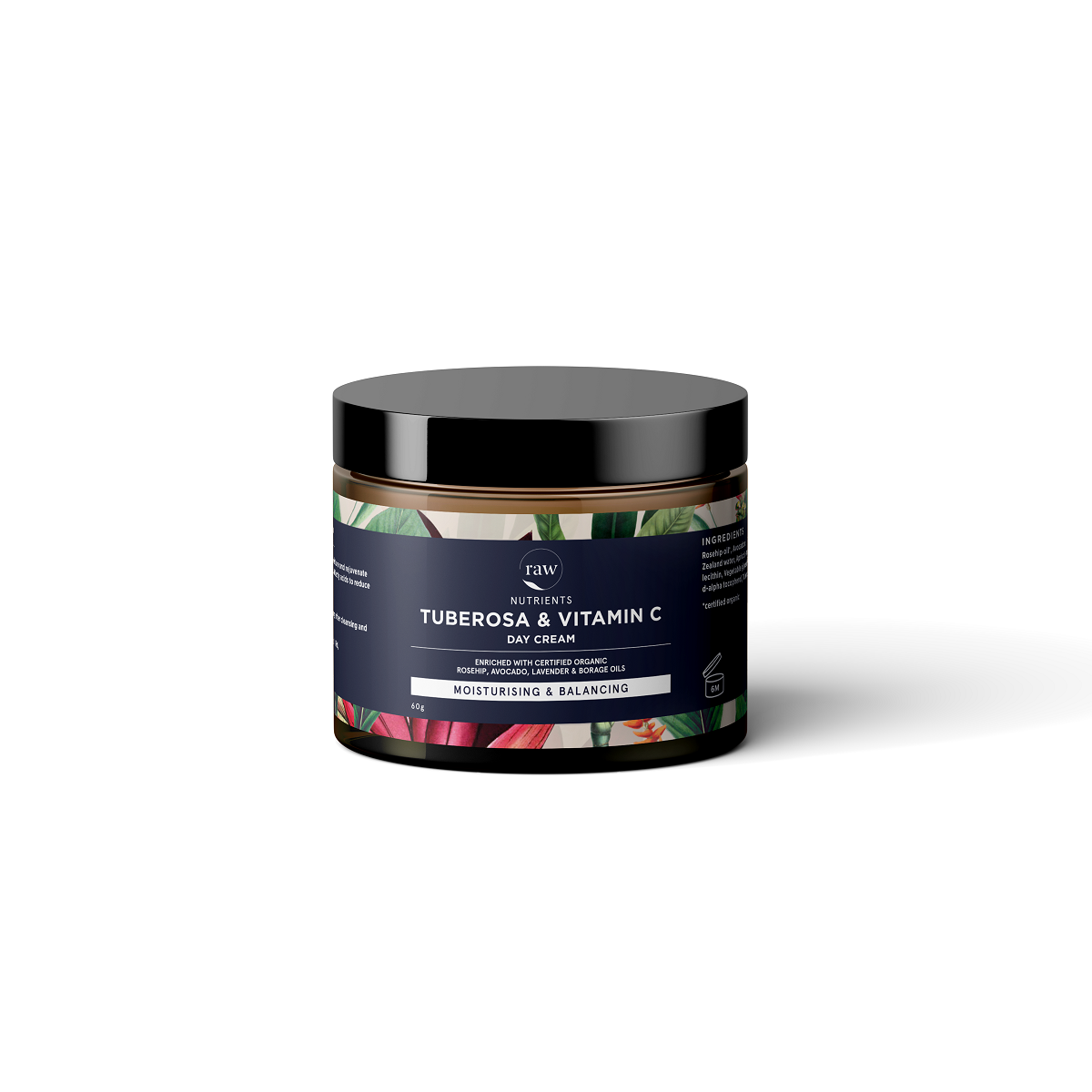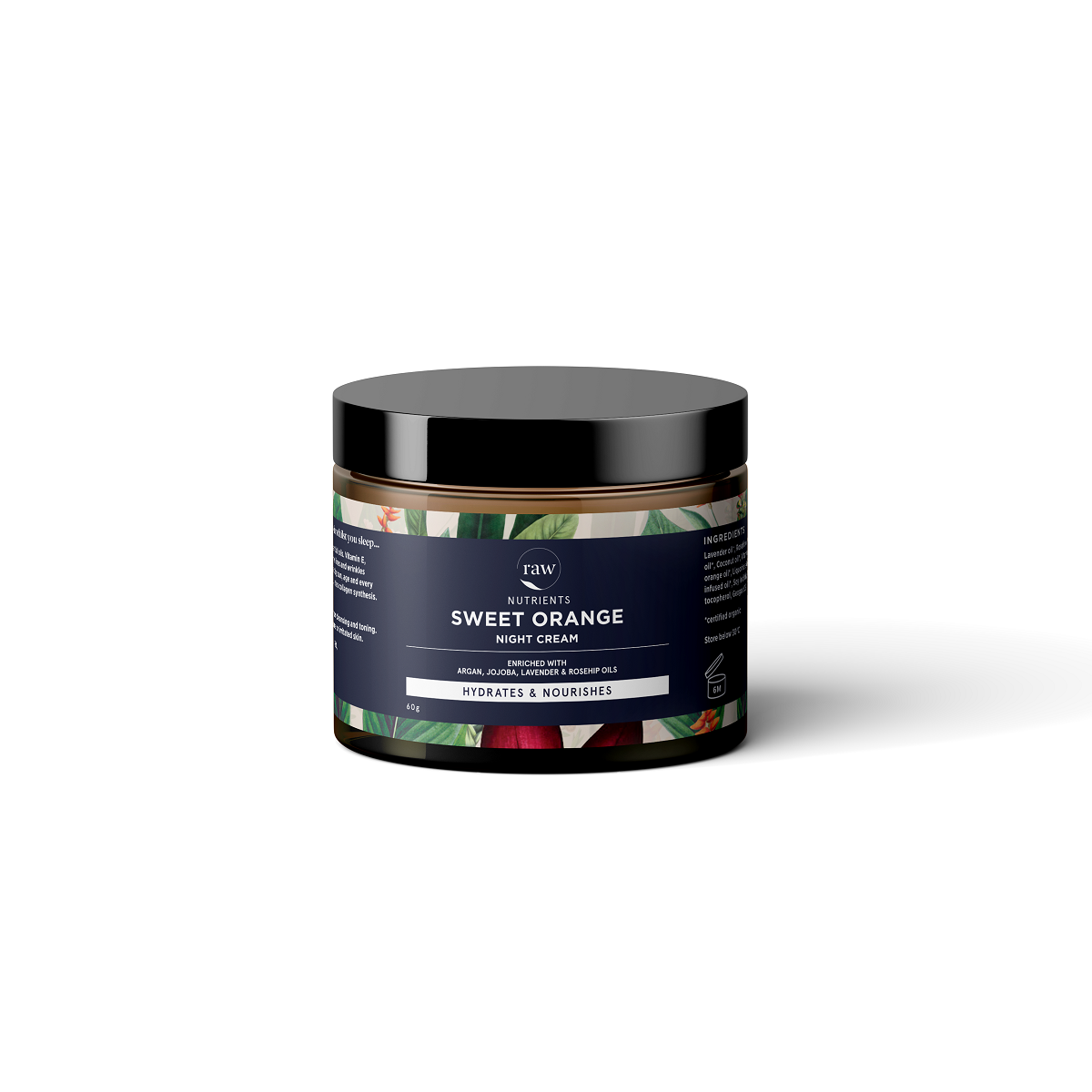-

Think about zinc!
Zinc plays many important roles in your body. This essential dietary mineral is involved in metabolism processes, hel...
-

Magnesium; Are We Consuming Enough?
There is widespread magnesium deficiency, and given the importance of magnesium in the body, it is but essential to r...
-

Probiotics; When & how do they work best?
Your gastrointestinal system comprises different microorganisms. The gut bacteria play a vital role in the health and...
-

Vitamin C; How does it benefit wellness?
Vitamin C has gained popularity as an antioxidant. However, research claims that it can act as both an antioxidant an...

Importance of Sufficient Protein Intake
Protein is important for the human body. However, how much of protein is too much? Which is better: plan protein or animal protein? Is the current dietary recommendation for protein sufficient enough to maintain muscle mass later in life? Well, research suggests that the present protein recommendation might not be sufficient. [1] People might benefit from an increase in protein intake and frequency.
However, a high intake of animal protein is linked with an increased risk of mortality from obesity, diabetes, and cardiovascular disease. Additionally, too much of animal protein might cause some forms of cancers.[2]
Further, research finds that in order to compensate for the annual loss of 0.5–1% muscle mass after 50 years of age, an increased dietary protein intake in the initial years might help mitigate the risk of muscle ageing. Study reveals that the ingestion of 0.8 g protein/kg/body weight might help reduce mid-thigh muscle area. Besides, protein intake might help reduce urinary nitrogen excretion.[3]
However, there is no common protein diet for everyone. In fact, individual requirements depend on various factors, including age, physical activity, lifestyle, food habits, and health status. People with low physical activity level have lower rates of nitrogen retention than required to maintain muscle tissue. As a result, their protein requirement is more than those who are active.
Physical activity decreases with age. Alternatively, there is a loss of muscle mass too, which is a key consideration in evaluating protein needs. Besides, an ageing adult undergoes multiple physiological changes that further alter protein utilization, insulin and anabolic resistance, impaired digestion.
Plant Protein: Is It Good or Bad
Plants contain a lower amount of leucine, which is required for the biosynthesis of proteins. But that does not mean plants are not a good plant source. Some plants are relatively a good source, such as roasted pumpkin seeds, dried seaweed, dry roasted peanuts, and cooked lentils.
True, plant-based diets can significantly reduce your risk of cardiovascular disease, obesity, hypertension, diabetes, and metabolic syndrome. It is believed to lower your risk of degenerative disease and cancer.[4]
Besides, the increased consumption of plant proteins from whole foods, such as cereals, legumes, and vegetables may induce additional dietary composition changes. As a result, there could be an increased percentage of dietary fiber. A fiber-and protein-rich diet is believed to support successful weight-loss.
Research highlights the importance of a plant-based diet for overweight and obese individuals by creating a feeling of satiety and appetite control. A novel finding is that the protein status of an individual can affect their body’s response to food cues. Researchers claim that protein deprivation affects reward response in the brain and stimulates a preference for savory foods.
Satiety & Fullness
Research finds that protein ingestion triggers a metabolic response from the gastrointestinal tract to the brain. The GI signals to the brain to control eating and energy expenditure. This demonstrates how protein consumption triggers a reward reaction in the brain and peripheral organs.[5]
Plant proteins influence an array of bodily responses, including physical, psychological, physiological, and sensorial. There is an increasing evidence to support the shift toward plant proteins in their natural form. It helps eliminate the ketogenic effect of a protein-rich diet because plant proteins, such as cereals, pulses, and vegetables are packed with carbohydrates as well.
Research done on young, normal weight men finds the connection between appetite control and high protein plant meal. It demonstrates how a plant-based protein diet induced a feeling of higher fullness. High-quality proteins have a similar effect on appetite in adults of normal weight.
Protein is a major source of amino acids, which is necessary for different biological processes. Long-term ingestion of a protein diet decreases food intake and body weight.[6]
All in all, the present protein recommendation for ageing adults does not look sufficient for the proper maintenance of muscle mass. However, sustainably soured plant protein look promising as a dietary recommendation and substitute to animal protein.
Although more research is under way regarding the effects of plant-based protein on appetite, the present research studies suggest plant-originated protein as a healthy substitute to animal protein in normal weight and obese individuals.[7]
References
[1] Lonnie, M., et. al.(2018). Protein for Life: Review of Optimal Protein Intake, Sustainable Dietary Sources and the Effect on Appetite in Ageing Adults. Nutrients, 10(3), 360. https://doi.org/10.3390/nu10030360
[2] Taha, A., et.al. (2018). The effect of the type of dietary protein on the development of ovarian cancer. Oncotarget, 9(35), 23987–23999. https://doi.org/10.18632/oncotarget.25253
[3] Lonnie, M., et. al.(2018). Protein for Life: Review of Optimal Protein Intake, Sustainable Dietary Sources and the Effect on Appetite in Ageing Adults. Nutrients, 10(3), 360. https://doi.org/10.3390/nu10030360
[4] McCarty, M.F.1., (1999). Vegan proteins may reduce risk of cancer, obesity, and cardiovascular disease by promoting increased glucagon activity.Medical Hypotheses. 53(6):459-85.
[5] Journel, M., et.al. (2012). Brain responses to high-protein diets. Advances in nutrition (Bethesda, Md.), 3(3), 322–329. https://doi.org/10.3945/an.112.002071
[6] Mariotti, F., & Gardner, C. D. (2019). Dietary Protein and Amino Acids in Vegetarian Diets-A Review. Nutrients, 11(11), 2661. https://doi.org/10.3390/nu11112661
[7] Lonnie, M., et. al.(2018). Protein for Life: Review of Optimal Protein Intake, Sustainable Dietary Sources and the Effect on Appetite in Ageing Adults. Nutrients, 10(3), 360. https://doi.org/10.3390/nu10030360
You might be interested in...
Raw Resources
Read About the Science Behind the Supplements







